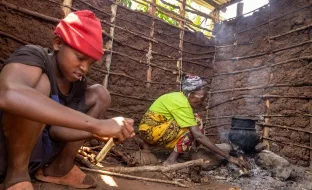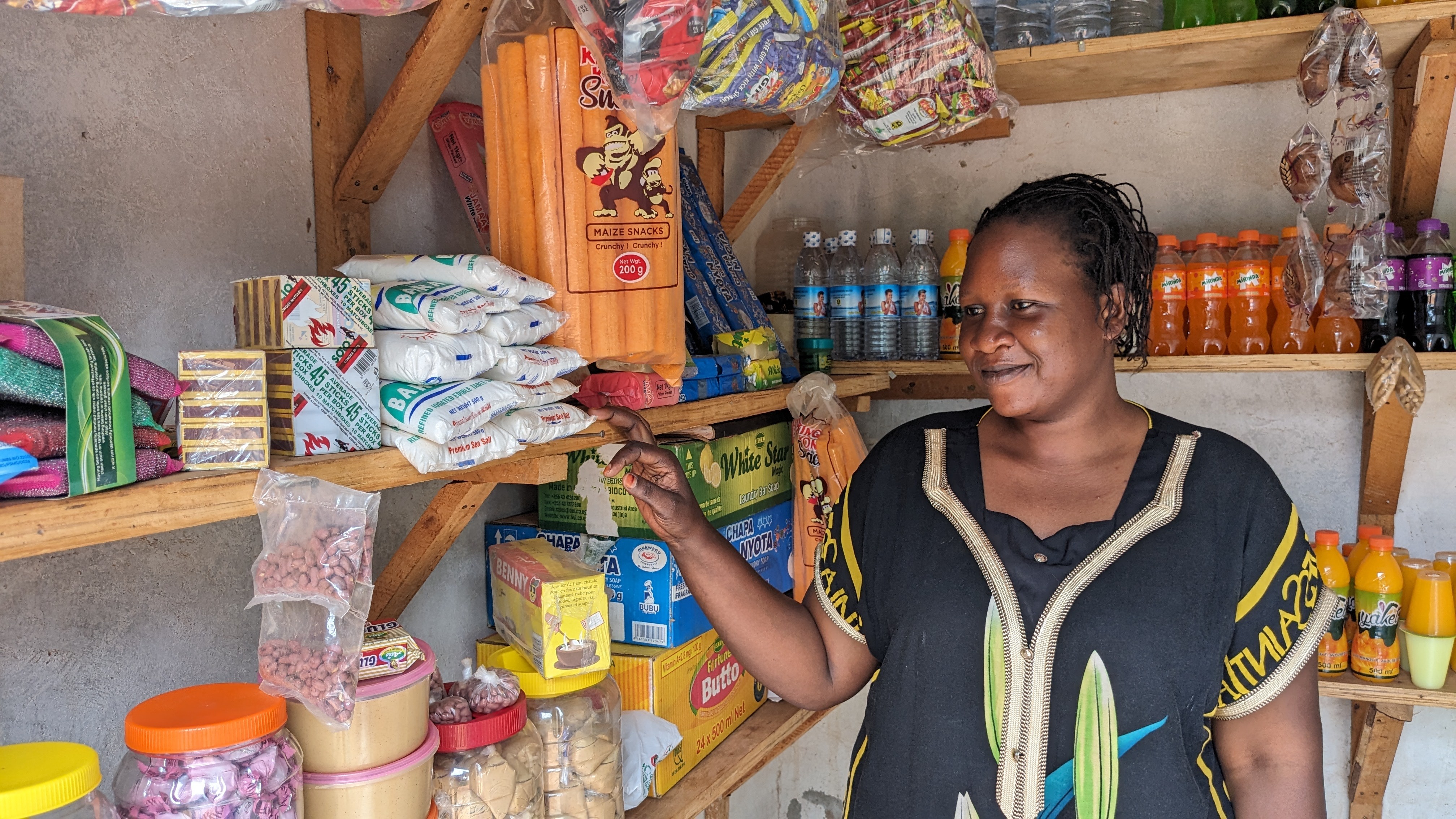Stephen Warren, of the Richmond Times-Dispatch, was looking for advice on how and where to give, when he stumbled upon “effective altruism.” He writes, “modern interventions and modern research help us maximize the impact of our giving.” One of these modern interventions is cash, or in it’s long-term form, basic income. As Matt Zwolinski writes, “there’s still a lot we don’t know” about how effective basic income is, but “thankfully, there is exciting work right now that will help us get closer to that goal.”
GIVEDIRECTLY IN THE NEWS AND BLOGS
1. How To End Worldwide Poverty By 2030
GOOD, John McArthur, June 10, 2016
A bold experiment announced by the nonprofit GiveDirectly builds on growing evidence that simply giving people money can play a major role in mitigating the worst pains of extreme poverty, particularly among those living on $1 a day or less. Conventional wisdom says it’s too impractical, too costly, and unlikely to forge real change. But independent studies, including randomized control trials, indicate that one-off cash transfers can boost food consumption, improve the health of children, and help people and their small businesses establish long-term incomes. Despite concerns from skeptics, recipients don’t appear to buy unhealthy or frivolous items.
2. Switzerland’s Rejection isn’t the Death of the UBI
CAPX, Matt Zwolinski, June 10, 2016
Thankfully, there is exciting work being done right now that will help us to get closer to that goal. Finland is going to be running a series of large-scale experiments on the basic income starting in 2017. The Dutch city of Utrecht is planning to test four different versions of a basic income. And private organizations like GiveDirectly and Y-Combinator are running their own experiments in East Africa and Northern California.
3. Bill Gates says giving poor people chickens helps more than cash handouts
Tech Insider, Chris Weller, June 10, 2016
The charity GiveDirectly announced back in April that it will launch the largest and most robust basic income experiment in East Africa sometime in late 2016 or early 2017. Over a period of 10 to 15 years, GiveDirectly will provide approximately 6,000 people in poverty with a steady income on top of their normal wage, no strings attached.
CASH TRANSFER NEWS
4. Sex, Sugar Daddies and HIV in South Africa
US News, Devon Haynie, June 13, 2106
The DREAMS program, which allocates $66 million of PEPFAR funds to South Africa over two years, focuses on the five highest-need districts within the country. The program aims to lessen economic stressors in young women by linking them to cash transfers – essentially social welfare checks – and educational subsidies to help them stay in school.
5. Cash Transfers Explained: How Cash Empowers Poor Families in Zambia
AIR, David Seidenfeld, June 7, 2016
Cash transfers are international development programs where donors or governments can give cash directly to targeted groups. In this video, David Seidenfeld, senior director of AIR’s international research and evaluation, dispels the myth that such programs create dependency and are a waste of money. Instead, Seidenfeld explains the positive outcomes from AIR’s impact evaluations of two large cash transfer programs in Zambia. The evaluations included some of the largest randomized control trials of cash transfer programs in Africa and gives evidence that such programs can help alleviate poverty and improve the lives of the country’s poorest and most vulnerable people.
6. World Bank Commits Half a Billion Dollars to Provide Social Assistance to Nigeria’s Poorest
The World Bank, Press Release, June 7, 2016
The National Social Safety Nets Project will support the Government’s program by providing cash transfers to poor households throughout Nigeria, identified through a combination of geographical and community-based targeting. Each targeted household will receive a base transfer of NGN 5,000 ($25 per month), and households among the most vulnerable will be eligible for an additional monthly benefit of NGN 5,000 a month via conditional cash transfers.
EFFECTIVE ALTRUISM
7. Faith & Values: Give boldly, give wisely
Richmond Times-Dispatch, Stephen Warren, June 11, 2016
After a few more years I found the answer to that question. I learned about a philosophy and social movement called effective altruism. Effective altruism, to quote its Wikipedia entry, “applies evidence and reason to determine the most effective ways to improve the world.”
8. Another Voice: Charity scandals highlight the need for reforms
Vox, Gleb Tsipursky, June 10, 2016
Recently, a social movement called effective altruism has been pushing the nonprofit sector to become more transparent and focus on measuring the cost effectiveness of their activities. Several effective altruist organizations, including the Life You Save and GiveWell, provide information to donors about the impact of various charities addressing global poverty.
BASIC INCOME
9. The case for free money
The New Yorker, James Surowiecki, June 20, 2016
In the mid-nineteen-seventies, the Canadian province of Manitoba ran an unusual experiment: it started just handing out money to some of its citizens. The town of Dauphin, for instance, sent checks to thousands of residents every month, in order to guarantee that all of them received a basic income.
10. Silicon Valley’s Basic-Income Experiment Is Worth Watching
Bloomberg, Noah Smith, June 8, 2016
YCombinator, probably the most famous tech-company accelerator, is starting a pilot program to test the idea of universal basic income. Basic income is simply a certain amount of money given to every adult. Although the idea has struggled politically so far — Switzerland on Sunday voted down a basic income program — it has gathered increasing interest from unlikely corners of the political spectrum.

